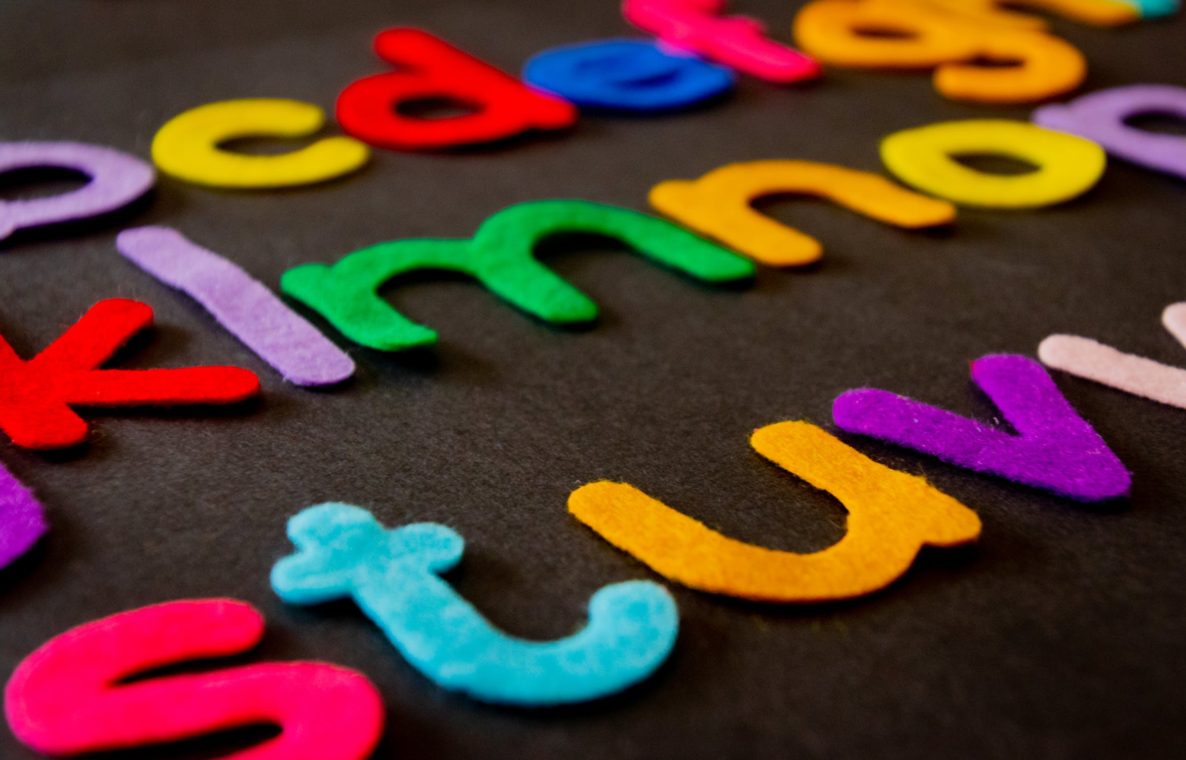
Growing up in the 60s and 70s we had a mantra meant to inoculate us from the slings and arrows of name calling: Sticks and stones may break my bones, but words will never hurt me. Even as kids, though, we understood that this retort had no real power to shield us from the sting of an insult.
As adults we know full well the power of language. If the lessons of history aren’t enough, just following the news or scrolling through our Twitter feed provides ample evidence of how words can harm, or alternatively, heal.
Intuitively, we know that names matter. Our names are chosen with care by our parents, often meant to link us to a family chain, or to precious traditions. In the case of Chelsea Vowel, a Métis writer and educator from Lac Ste. Anne, Alberta, choosing Cree names for her children – sâkowêw and wâpanacâhkos – and insisting on their correct spelling in provincial registers was “a powerful act of reclamation”, evidence of resilience in the face of hundreds of years of policies meant to destroy Indigenous culture and identity.
Names carry a world of meaning in them. We associate names with distinct cultures, ethnicities, personality types, and of course, history. Love them or hate them, names can have profound resonance for us. No surprise, then, that as our view of ourselves and our societies evolves, our feelings about names and what they represent would evolve, too.
Communities across North America are grappling with the resonance, today, of historical statues, flags, street dedications and the names of beloved sports teams. Here in Montreal people have been debating whether to change the name of the famed McGill Redmen. Reporting in 2017 as part of McGill University’s “Indigenization” strategy, the Provost’s Task Force on Indigenous Studies and Education recommended a name change for the fabled sports team. Public opinion, however, remains somewhat mixed.
Some argue that since the term “Redmen” was not originally intended (in the 1920s) to reference Indigenous people, but rather, the bold red of McGill’s colors, it should continue to stand today. They acknowledge that there was an Indigenous connotation for several decades (note the Montreal Gazette reference to “McGill’s Indians” in the 1950s) but point to the university’s decision in 1992 to dissociate “Redmen” from any Indigenous meaning. Others question focusing on names when there are so many concrete and pressing issues facing Indigenous peoples and communities. And finally, we hear the usual refrain about political correctness run amok, with some wondering whether the word “red” must now be banished from the lexicon.
Here’s my take. How we hear words is to some degree subjective. Just as beauty lies in the eyes of the beholder, meaning lies in the ears of the listener. For Indigenous listeners “Redmen” remains a painful echo of a historical racial slur. Its’ original meaning, or even the innocent intent of those who might use the name today is irrelevant to how Indigenous people feel when they hear the term. “Redmen” should therefore have no further place in our discourse.
I get it: changing the name of a beloved team can provoke strong reactions. But we wouldn’t insist on using a name that offends or hurts someone we know, so why insist on maintaining one that we know offends or hurts an entire community?
To those who complain about the challenge of navigating today’s language minefield, I suggest that it’s really not that complicated. We can adopt what I call a balance of hurt test (modeled on the “balance of convenience” test where courts compare the relative harm to a plaintiff and defendant of granting a temporary injunction before all of the facts can be weighed and a final judgment issued.) When maintaining a name would cause greater hurt to one group than changing it ever could to another, the balance of hurt test dictates that it’s time for a name change.
Thus, the McGill Redmen should become the McGill Reds, or some other name that creative folks can come up with. What an easy fix to eliminate a source of hurt and demonstrate respect for Indigenous peoples in the face of a history that was anything but respectful. On the flip side, it is hard to imagine that the change would cause any hurt to, well, anyone else.
What’s in a name, you ask? A world of meaning, and a world of promise on the road to Reconciliation between Indigenous peoples and non-Indigenous Canadians.
For further reading click on the links, below:
https://montrealgazette.com/news/local-news/mcgill-protesters-demand-change-of-redmen-name
https://www.cbc.ca/news/indigenous/opinion-cree-names-reclamation-chelsea-vowel-1.4887604